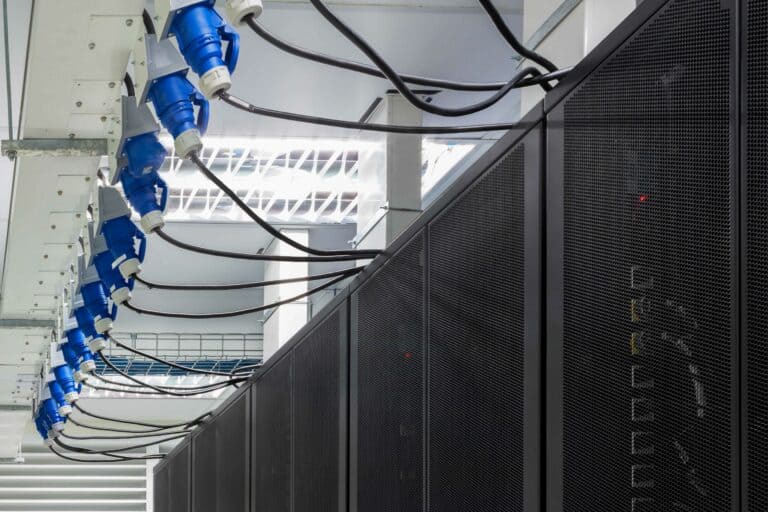Research by the International Energy Agency (EIA) on electricity consumption by 2026 shows that the meteoric rise of AI, as well as data centers and crypto currencies, is going to have a big impact on the environment. Tch giants need to do more work on solving this problem.
According to IEA research, electricity and water consumption will double by 2026. This is partly because the electricity and water consumption of data centers in particular will increase sharply due to the meteoric rise of AI.
This mainly involves developments around the use of AI, data centers and crypto currencies. The demand for electricity, when AI technology is fully implemented by tech giants like Google or Microsoft, could even increase tenfold.
The study shows that major tech companies like Amazon, Google, Microsoft and Meta combined more than doubled their energy consumption between 2017 and 2021; this rose to about 72 terawatt-hours (TWh) by 2021. That’s about a quarter of the UK’s total energy consumption.
Big tech is not doing enough
However, the IEA researchers argue in their report that these tech giants are currently doing too little to limit the growth of electricity and water consumption and thus the ultimate environmental impact.
CO2 emissions from these companies are also set to continue their rise, and water consumption for cooling the data centers that support various AI applications is also increasing even more.
Additional measures needed
Measures are therefore needed, experts argue. Although they expect AI use by companies and institutions to decrease after this “experimental” phase, efficiency improvements and regulations are still needed to reduce energy consumption.
However, there are already initiatives that should provide improvement. These include mandatory CO2 emissions reporting in the EU and mandatory use of renewable energy for technological purposes by government agencies in China or subsidies for more energy-efficient chips in the United States. These initiatives represent a first step. Still, experts say more radical approaches are needed to meet climate goals.
Also read: AI robots: often too expensive and unprofessional
